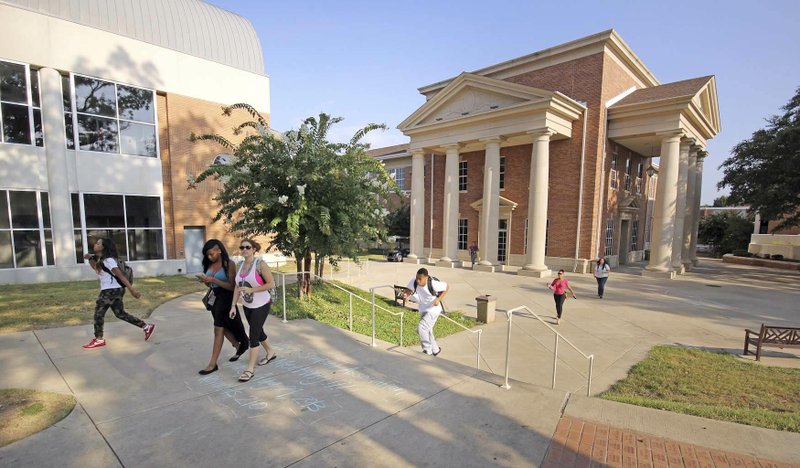An additional round of coronavirus relief funding has been announced for Arkansas institutions serving low-income students and state Historically Black Colleges and Universities.
The funds — totaling $14.573 million — come through the recently-passed CARES (Coronavirus Aid, Relief, and Economic Security) Act, which became law in March with the support of the Arkansas congressional delegation. It is part of nearly $1.4 billion in additional funding the Department of Education has directed to Minority Serving Institutions nationwide, which is provided on top of the money previously allocated in the first round.
Southern Arkansas University and Southern Arkansas University Tech are two of the in-state institutions that qualified for additional funding. SAU’s main campus was issued $196,019, while SAU Tech was granted $293,078. Other nearby institutions also received funding. They were as follows: South Arkansas Community College, $52,217; University of Arkansas Community College-Hope, $90,375; and Henderson State University, $183,000.
The largest recipient, by far, in the state was the University of Arkansas at Monticello, with its $5.8 million grant.
In the first round of relief funding, Arkansas colleges and universities received over $100 million in emergency grants to support post-secondary students and institutes of higher education impacted by the coronavirus pandemic. In total, the CARES Act provides nearly $14 billion to support post-secondary students and institutions nationwide.
In mid-April, SAU was granted just over $4 million, while SAU Tech received $782,900. Henderson State was also granted $3.7 million, while SouthArk received just over $1 million and UA-Hope saw just over $1.1 million. UA-Monticello in the first round was granted over $3.2 million.
Institutions may use the CARES funding to cover the cost of technology associated with a transition to distance education, grants to cover the costs of attendance for eligible students and training for faculty and staff. Additionally, funds may be used to cover operational costs, such as lost revenue, reimbursements for prior expenses and payroll.
“The Department of Education quickly awarded CARES Act funding to higher education institutions across the state to aid students impacted during this crisis,” said a delegation made up of U.S. Senators John Boozman and Tom Cotton, along with U.S. Congressmen Rick Crawford, French Hill, Steve Womack and Bruce Westerman. “This additional funding recognizes the unique challenges facing HBCUs and institutions serving low-income students. These institutions play a vital role in transforming lives and make Arkansas’s communities stronger.”

